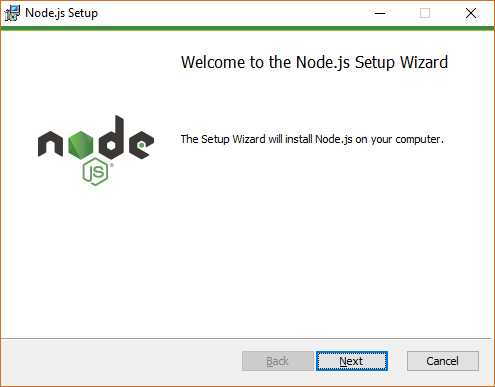
Rather than having to exit VS Code and go to a browser to see a URL - say "" - and view the results, I can just quickly go to the terminal window - right below my code - and type: curl. With the integrated terminal window in VS Code, this oft-repeated task becomes much faster.

Specifically, this reporter has found it useful for quickly testing the results of a REST API call.įor example, when wrestling with how to display JSON data in a list view, I want to make sure the URL I'm using for a GET request to a REST API is actually returning data and see exactly how that JSON data is presented. You will need to set up the PATH environment variable in your terminal to have access to Yarn’s binaries globally.Īdd set PATH=%PATH% C:\.yarn\bin to your shell environment.While mostly known for its use in Linux-based development, the versatile curl tool for transferring data over HTTPS can be a nifty timesaver when using Visual Studio Code on Windows.

To do this, add export PATH="$PATH:`yarn global bin`" to your profile, or if you use Fish shell, simply run the command set -U fish_user_paths (yarn global bin) $fish_user_paths Windows To have access to Yarn’s executables globally, you will need to set up the PATH environment variable in your terminal. # Look for "Good signature from 'Yarn Packaging'" in the output Path Setup Unix/Linux/macOS To upgrade Yarn, you can do so with Homebrew. Yarn will warn you if a new version is available. To do this, add export PATH="$PATH:`yarn global bin`" to your profile, or if you use Fish shell, simply run the command set -U fish_user_paths (yarn global bin) $fish_user_paths Upgrade Yarn # Look for "Good signature from 'Yarn Packaging'" in the output Path Setup

To do this, add export PATH="$PATH:`yarn global bin`" to your profile, or if you use Fish shell, simply run the command set -U fish_user_paths (yarn global bin) $fish_user_paths

If Yarn is not found in your PATH, follow these steps to add it and allow it to be run from anywhere. This will point yarn to whatever version of node you decide to use. A workaround for this is to add an alias in your. Note: Due to the use of nodejs instead of node name in some distros, yarn might complain about node not being installed. Sudo apt update & sudo apt install -no-install-recommends yarn


 0 kommentar(er)
0 kommentar(er)
